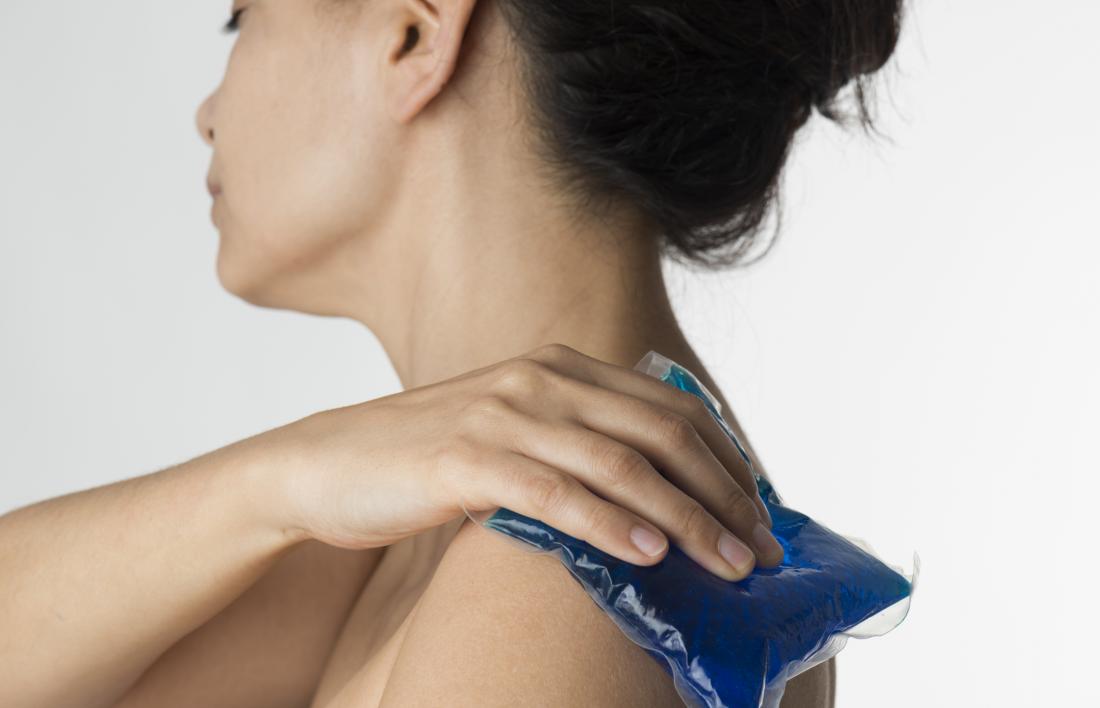Nerve pinching is a condition when there is direct pressure on your nerve or when it is squeezed. You can feel a pinched nerve in your torso and limbs.
The symptoms include pain, numbness, tingling, stiffness in your nerve, restricted movement, and muscle weakness.
Nerve pinching is also known as nerve compression, and it is very common in adults who have rheumatoid arthritis, osteoporosis, and diabetes.
Young people may frequently feel such symptoms because of medical conditions like repetitive injuries, reduced blood flow to the nerve, and structural changes in the nerve.
However, pinching nerve is not always very risky. Even if you do not have any medical conditions, you can feel such symptoms, which can result from your poor posture. Poor sitting and lying posture put pressure on the nerve, and it begins to send pain signals.
For instance, if you put your body weight on your forearm while sleeping, it may feel numbness and tingling, and these symptoms go away as you take the pressure off it.
Note that you need to consult your doctor if you feel these symptoms almost every day. If they occur occasionally, you can consider the following methods to treat them.
Improve your posture
You should focus on your sitting and lying posture to relieve stress from the nerve. A persistent slouch can put pressure on your nerve in the back, and that can send pain signals in your legs, thighs and lower back.
You will likely feel numbness and tingling when you have put one leg over the other, for instance, or sitting with crossed legs for a long time. By improving your posture, you can reduce such symptoms.
Change your lifestyle
Long sitting hours is one of the reasons why pinching nerve symptoms are exacerbating. You have many excuses to defend your sedentary lifestyle, but believe it or not, this is what you need to deal with right away. For instance:
- You should get up in the early morning and go for a brisk walk.
- Even if you cannot do a brisk walk because of your age or lack of stamina, walking with a normal pace can also help improve your blood flow. If you have been feeling these symptoms with poor blood flow, you will definitely feel better over time.
It can even help you manage your lower back pain efficiently.
- As far as it is about office work, you should use a standing desk. It is crucial to spend much of your day standing to release pressure from your nerve.
You can make arrangements so you can work while sitting in the chair and while standing. Get your desk modified accordingly.
- If you use stiffness in muscles, you can stretch your legs and arms while sitting in the chair to feel better. This is also a great way to avoid nerve pinching.
Take rest
Rest is the ultimate solution to get rid of nerve pinching. Whether it is in your limbs or extremities, you should take proper rest to improve.
Note that symptoms can take a bit long time to go away despite proper rest, and until that, you should not indulge in any sports activities like tennis and golf that involve risk.
When you sleep, you are likely to have a bad posture and put pressure over your wrist. You should use a splint, so you do not end up twisting your wrist.
Use cold and heat therapy
Cold and heat therapy is the best solution to reduce inflammation, swelling and pain. You can get various heat pads in drug stores and place them on the area of a pinched nerve.
Keeping heat pads for 10-15 minutes over that will help you relax. Pain will start to decline as it improves the blood flow.
Likewise, you can use cold pads on the affected area to whittle down inflammation and swelling.
Do stretching or consult a physiotherapist
Nerve pinching is very common in the lower back, even in healthy adults. It can cause pain around your hip area and numbness in your legs.
In some cases, it can cause pain in the sciatica nerve that runs down your legs from the lower back. This can be severe pain, making walking worse. You should elevate your leg straight up one after the other and then lift both legs.
This will remove stiffness and eases off pain and numbness. This kind of stretching can help you tackle your pain. You can also consult a physiotherapist.
They will understand the pain area and then suggest the right exercise to ease the pressure off that nerve.
See a doctor
Although there are various over-the-counter drugs you can take, it is suggested that you should consult a doctor.
They know better than you about it, so they can recommend you some tests to diagnose the cause for numbness, tingling and pain, and based on the report, they will prescribe your medicines.
Never pinching is common though, it can be a serious problem. If you have been facing these symptoms for a prolonged time, you should immediately consult a doctor.
If financial problems are holding you back, for instance, you have lost your job. You should take out loans for people on benefits with no upfront fees.
Exercise, improving posture, and a healthy diet are some effective ways to reduce the symptoms of nerve pinching, but you should consult your doctor if these symptoms do not go away.

